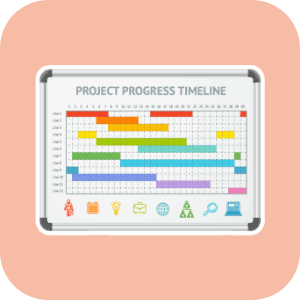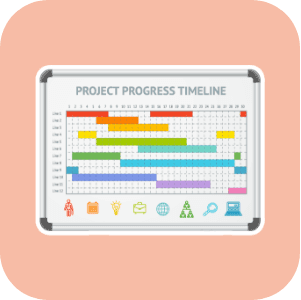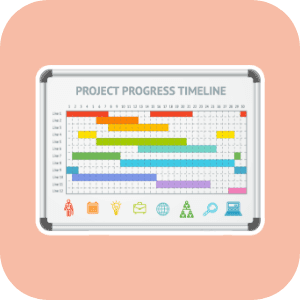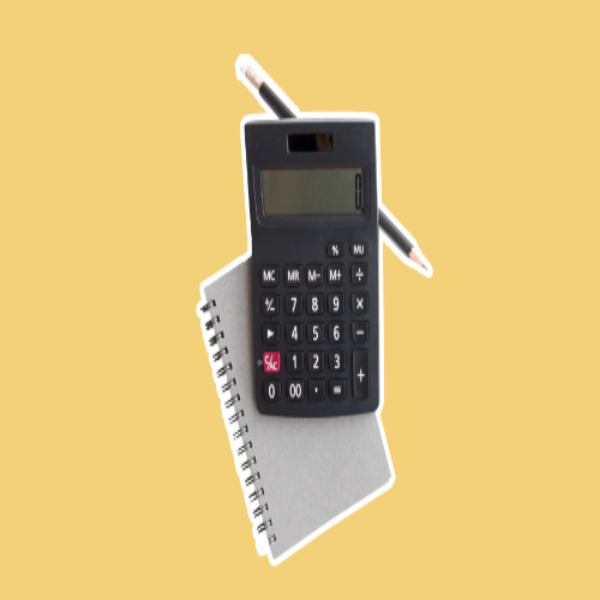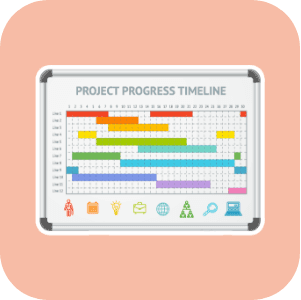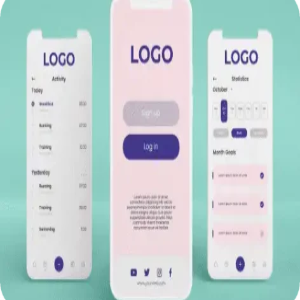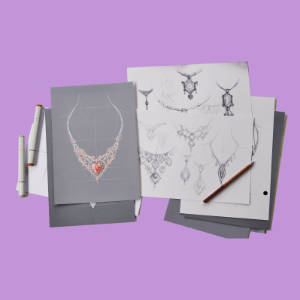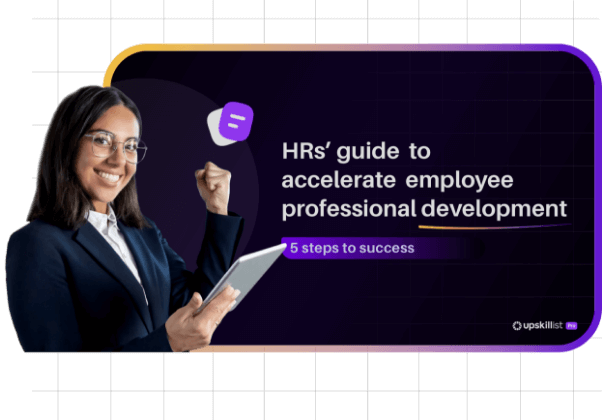
Hard Skills vs Soft skills: What’s the difference?
Did you know that the average job opening attracts 250 resumes?
Research shows that recruiters spend 6-8 seconds reviewing a CV before they decide whether it is suitable for a vacancy or not. (Fennel, 2022)
Talk about the importance of a first impression!
To be that 1 in 250, your CV really needs to stand out, and one way to do this is to include information that is relevant to the position and of value to the employer, including references to your hard skills and soft skills.
According to recruiters, hard skills help identify candidates that are good on paper, whereas soft skills indicate which candidates are good in person too. In 2019 92% of talent professionals said that soft skills matter as much or more than hard skills.
What are hard skills?
Hard skills or technical skills refer to teachable abilities or skill sets that are easy to quantify. These skills are easily taught through learning initiatives or can be learned through experience in a work or similar environment.
The following are regarded as the most in-demand hard skills for 2022:
- Technical Literacy
- Data analytics
- Human Resource Skills
- Artificial Intelligence
- Virtual Reality
- Design
What are soft skills?
Soft skills are generally defined as personal attributes that enable someone to interact effectively and harmoniously with other people. It includes character and personality traits, attitudes, ethics, social and emotional intelligence, and related qualities that enable individuals to navigate and interact with their environment.
The following soft skills were marked as top priority for 2022
- Time management
- Communication
- Adaptability
- Problem-solving
- Teamwork
- Creativity
- Leadership
- Interpersonal Skills
- Work Ethic
- Attention to detail
In the 2022 Upskillist report on soft skills training and its impact on productivity, we explored the difference between soft skills and hard skills, how soft skills enhance hard skills and why they are essential to achieving professional goals. Download the free report.
How to include hard and soft skills on a resume
A simple yet effective way to showcase your skills is by adding a key skills section to your resume. Listing skills with a level of excellence rating to quantify those skills is regarded as the 4th most efficient resume approach for 2022/2023.
Based on statistics, it’s become clear that resumes and cover letters, now more than ever, form part of the initial (and voluntary) soft skills and hard skills assessment. This means that the information provided, along with how the information is presented in your resume, can be used to verify your skills.
Stating on your CV that you are a good communicator is verified by your written text.
82% of employers will seek proof of solid written communication skills on a candidate’s resume and 77% of hiring managers, disqualify resumes with typos or bad grammar.
Implying that you are attentive to detail with an eye for design is verified by the look and feel of your CV and discredited by any possible errors and omissions.
75% of resumes fail due to lies noted on resumes and you can therefore not simply align your skills with those needed for the position. Your skills must be verifiable either through your actions, where soft skills are concerned, or with documented proof.
How to highlight your skills through the interview process
Once your resume meets approval, you may be invited to an interview to undergo further scrutiny. Again, it’s important that your skills presented in person align with the skills noted on your resume as confirmation of your ability and more importantly, your honesty and integrity.
To highlight your hard skills:
- Elaborate on your training and experience in specific areas
- Provide a portfolio of evidence
- Confirm your knowledge by correctly answering technical questions related to work
In some instances, you may be required to complete a skills assessment. Use this opportunity to highlight your strengths as well as specialist areas that may be of value to the employer.
Soft skills are often assessed through behavioural questions and situation questions. Another key assessment tool is reading body language, so be mindful of your mannerisms:
- Show up on time for the interview to prove you are punctual, responsible, and reliable.
- Maintain eye contact and ask follow-up questions. This shows your ability to listen actively and engage in conversation.
- Speak clearly when prompted to showcase your ability to communicate with confidence.
- Answer questions about your resume and experience honestly. This shows integrity as well as confidence in your ability.
Recruiters make use of generic questions, often easily obtainable through a quick internet search. In preparation, gather your thoughts on how you could answer these questions to showcase your hard and soft skills. Pick stories, and testimonies that are impactful and true and most importantly depict you as a valuable asset and ideal fit for the position.
To learn more about soft skills and how these can enhance your hard skills and further your professional career. Download the free report.




